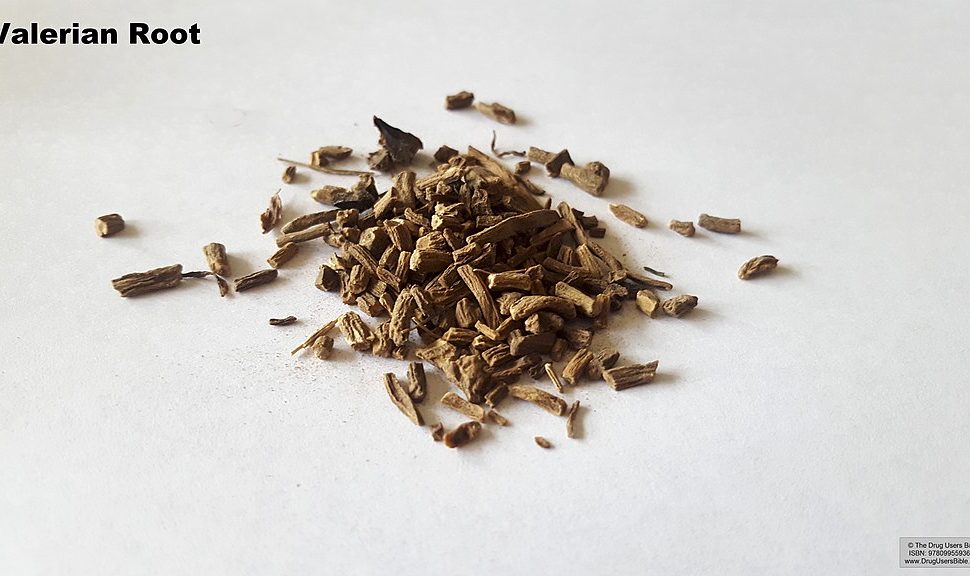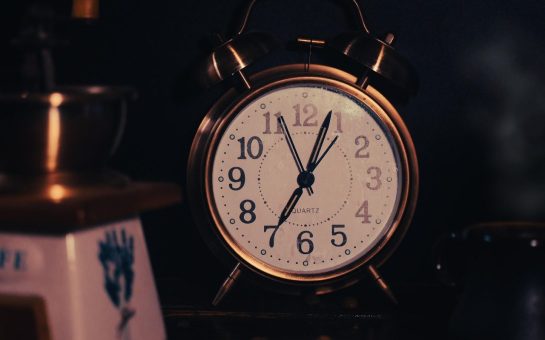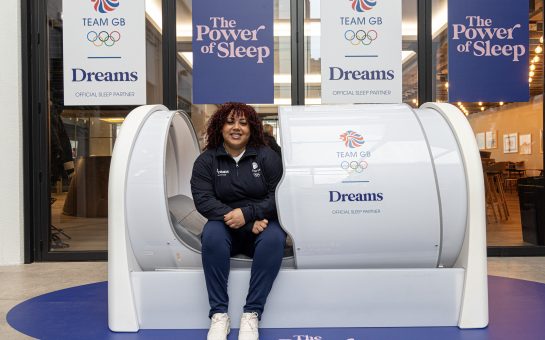Everyone knows just how important getting a sufficient amount of sleep is to the body.
Not getting enough sleep can increase the risk of other conditions like heart diseases, diabetes, obesity, and so on.
However, a number of people experience poor sleep and may need to take medications to fall asleep.
So here are five natural supplements that can potentially help you get better sleep.
Magnesium
Magnesium is a macromineral that is involved in up to 300 processes in the body.
One of the most notable benefits of this nutrient is its contribution to brain health, as magnesium helps to calm the mind and body and this makes it easier to fall asleep.
Magnesium plays an important role in the regulation of melatonin produced by the body, which induces sleep and muscle relaxation.
Magnesium supplements can be taken together with melatonin and vitamin B supplements for the treatment of insomnia in patients.
This mineral is abundant in natural food products like whole grains, leafy vegetables, legumes, nuts, fatty fish, and so on.
However, for those who are unable to get enough magnesium from their regular diet, supplementary intake may also be recommended.
The best type of magnesium supplement for sleep is magnesium glycinate which is available in the UK from MAGSUPPS and combines both magnesium and the amino acido glycine which on it’s own is a super effective sleep-aid and earns the next spot on this list.
Glycine
Glycine is a protein known for its vital role in various nervous functions.
Some studies suggest that this amino acid may also help you sleep better even though the exact pathway to this isn’t clear.
Scientists believe that glycine can help lower body temperature right before bedtime which aids in sleep signaling to the brain.
In addition to helping you sleep faster, some studies also suggest that a small dose of glycine before bedtime can improve sleep quality.
This supplement is available as a powder that is diluted in water or pill form.
About 0.8grams per kg of your body weight is recommended for daily use for those having trouble sleeping.
Glycine can also be derived naturally from animal products like meat, fish and eggs, while other sources include beans, kale, spinach, cabbage, kiwis, and bananas.
Melatonin
Melatonin is produced naturally in the body and its production cycle is influenced by the time of the day.
A disruption in melatonin production can disrupt your sleep schedule and hinder sleep, so to make up for this, melatonin supplements are often recommended.
Taking this supplement can help boost the duration of your sleep and overall sleep quality.
Melatonin is particularly helpful for those who require sleep during the daytime because of their schedule.
People suffering from sleep disorders can also take this supplement as it can help them to fall asleep faster and increase the duration of their sleep.
Melatonin supplements are safe to use for adults for both long and short-term usage.
5-hydroxytryptophan (5-HTP)
5-HTP is a chemical substance derived from an amino acid known as tryptophan and can potentially boost serotonin levels, which is the chemical precursor to melatonin.
When combined with another supplement known as gamma-aminobutyric acid, 5-HTP can potentially boost the duration and quality of sleep.
It is usually sold in capsule form and the recommended dosage for this supplement is between 150 to 400 milligrams daily, not to be taken for more than six weeks at a time.
Valerian root
Valerian is a herbal supplement derived from the root of the valerian herb native to Europe and Asia.
It is currently one of the most recommended herbal supplements for treating sleep issues in Europe and the United States.
Valerian root is typically recommended for women experiencing a decline in sleep quality due to menopause and postmenopausal disorders.
However, pretty much anyone can take this supplement.
Even though it is safe for most adults, valerian root is not recommended for pregnant or lactating women.
Conclusion
If you’re experiencing trouble sleeping or suffering from poor sleep quality, a change of lifestyle and habit is often the top recommendation.
Experts often recommend lifestyle changes such as exercising, maintaining a sleep schedule, and staying away from screens right before bedtime.
If all of these strategies don’t seem to work, medications may be recommended to help you sleep better or treat underlying conditions that may be causing the lack of sleep.
The supplements listed here may help treat various sleep disorders and improve your overall health.
Featured image credit: DMTrott via Wikimedia Commons via CC BY-SA 4.0 license



